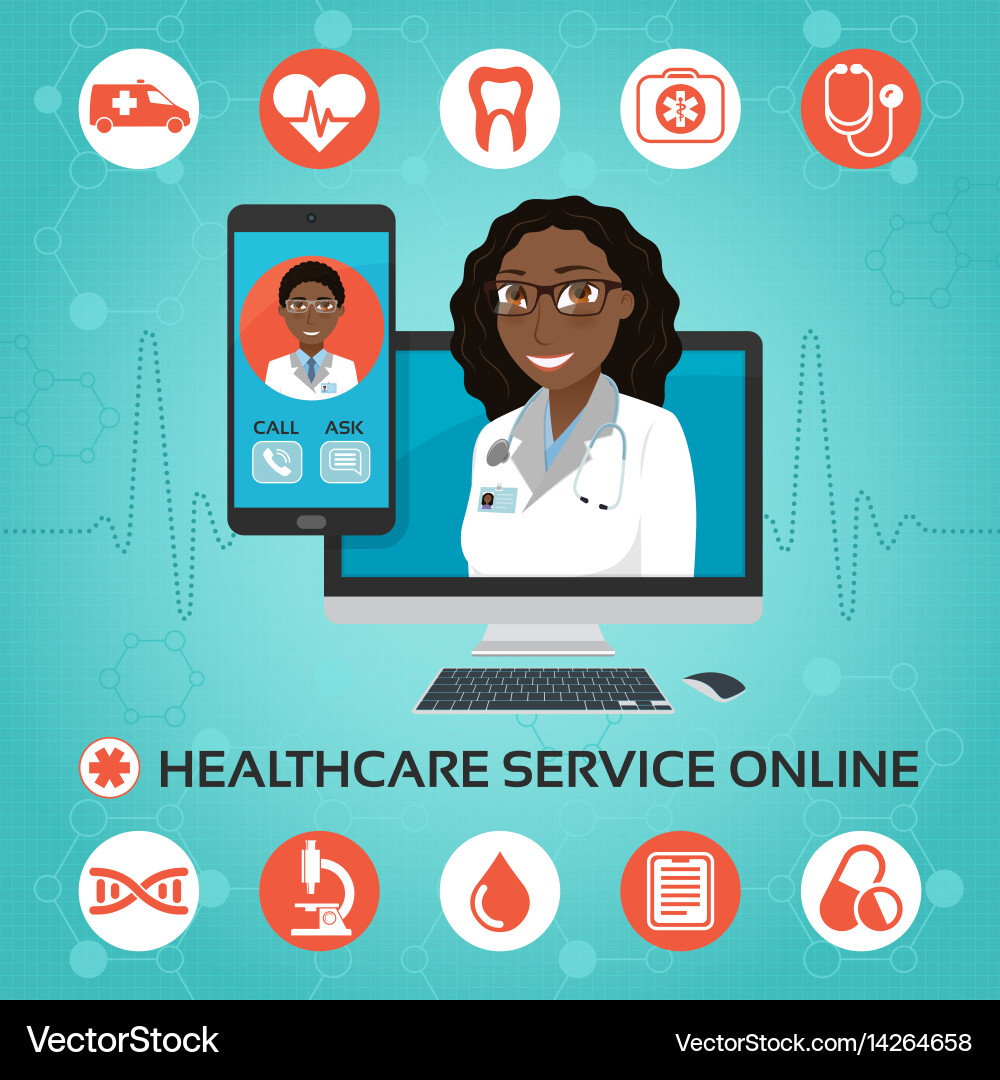The Future of Medicine: Discovering Subscription Based Healthcare Designs
The Future of Medicine: Discovering Subscription Based Healthcare Designs
Blog Article
The Rise of Subscription-Based Health Care and Its Effect On Client Care
As health care progresses, the subscription-based design is obtaining traction, assuring to change individual care by offering predictability and ease of access. These designs, which bypass conventional insurance coverage, could redefine the patient-doctor dynamic, stressing tailored and preventative care. Yet, similar to any technology, they offer difficulties, especially concerning equitable access for all socioeconomic teams. The possibility for these versions to improve medical care shipment raises pressing questions about their long-term sustainability and inclusivity. Are these subscription solutions the future of medical care, or do they run the risk of leaving susceptible populations behind? The complexities of this shift warrant a closer exam.
Understanding Registration Health Care Models
Grasping the idea of subscription medical care designs involves checking out a transformative technique to medical solutions that highlights price and availability. These models, often described as direct health care (DPC) or concierge medicine, have arised as ingenious choices to standard fee-for-service healthcare systems. Membership healthcare permits clients to pay a set monthly or annual cost for a defined set of clinical solutions, which may consist of endless office visits, routine check-ups, and basic laboratory tests, without the demand for traditional insurance billing.
The structure of registration medical care models is created to simplify patient care by getting rid of third-party payers and intricate billing codes, thereby minimizing management worries. Health care providers can focus much more on individual treatment, cultivating more powerful patient-provider partnerships. This design also promotes preventative care by encouraging regular check outs, as the monetary challenge of per-visit costs is gotten rid of.
The registration version often empowers doctor to handle smaller individual panels, permitting more customized care. It aligns economic incentives with client health and wellness outcomes, as suppliers are motivated to maintain patient complete satisfaction and wellness. In general, understanding subscription medical care versions needs acknowledging their potential to improve just how treatment is delivered and accessed.
Benefits for Suppliers and individuals
With a consistent profits stream, health care specialists can dedicate even more time to each individual, leading to a much more detailed and tailored treatment experience. The emphasis on preventative care within subscription plans can lead to much better individual end results and lowered lasting medical care expenses.
Challenges and Worries
While subscription-based health care designs existing many benefits, they likewise include a collection of challenges and issues that must be dealt with. First, ease of access stays a considerable concern, as these models typically target people that can manage monthly charges, possibly leaving out low-income populaces. This elevates ethical questions concerning equitable accessibility to health care services. Furthermore, the varied nature of membership strategies can cause confusion amongst individuals concerning coverage specifics, possibly resulting in unmet assumptions or poor treatment.
Financial sustainability of subscription-based versions is an additional concern. Service providers must balance the fixed revenue from memberships with the variable expenses of healthcare solutions, which may vary as a result of unexpected medical demands. This can create pressure to limit services or rise costs, potentially impacting client complete satisfaction and care quality.
Additionally, governing oversight of subscription-based medical care models is still developing. Dealing with these obstacles is essential for the successful and equitable navigate to this website application of subscription-based healthcare.
Influence On Patient-Doctor Relationships
One substantial influence of subscription-based health care versions on patient-doctor connections is the capacity for enhanced continuity and personalized treatment. By embracing a membership model, doctors can manage a smaller client panel, permitting more committed time with each individual. This raised schedule promotes a deeper understanding of a patient's case history, lifestyle, and preferences, enabling extra customized therapy strategies and treatments.

Nevertheless, it is very important to identify that while subscription-based versions may profit those that can manage them, they can inadvertently widen health care differences. Patients who are incapable to join these models may experience lower access to individualized treatment, possibly affecting their relationships with doctor. Thus, while the membership model uses promising advantages for patient-doctor partnerships, it also presents obstacles that need to be resolved to ensure equitable medical care gain access to.
Future of Health Care Accessibility

The role of innovation can not be ignored in this change. Telemedicine platforms and digital health and wellness Extra resources documents assist in seamless communication in between clients and health care companies, damaging down geographical and logistical barriers. In addition, advancements in fabricated intelligence and data analytics can even more customize medical care by forecasting person requirements and enhancing therapy strategies.
However, the future of healthcare access likewise offers obstacles, such as guaranteeing equity throughout different socio-economic teams. Policymakers and health care providers have to team up to connect the digital divide, guaranteeing that subscription-based designs continue to be economical and comprehensive. As these systems grow, they hold the promise of making medical care extra easily accessible, effective, and patient-centric.
Final Thought
Subscription-based healthcare models are reshaping person care by giving a steady expense structure and enhancing access. These designs reinforce patient-provider partnerships via personalized care and normal brows through, stressing preventative health. Despite these advantages, difficulties such as availability problems for low-income populations and the need for equitable her latest blog healthcare options continue. The surge of subscription-based healthcare encourages proactive person engagement, which has the potential to improve patient outcomes and satisfaction, indicating a transformative change in health care distribution.
As healthcare evolves, the subscription-based version is acquiring grip, assuring to revolutionize person care by using predictability and ease of access.Subscription-based medical care versions provide distinct advantages for both companies and clients, boosting the general healthcare experience.As health care systems progress, the future of health care gain access to frequently hinges on the integration of ingenious versions and technologies.Subscription-based medical care versions are reshaping person treatment by supplying a secure price framework and improving accessibility. The surge of subscription-based healthcare encourages aggressive individual involvement, which has the potential to enhance client outcomes and fulfillment, indicating a transformative change in medical care distribution.
Report this page